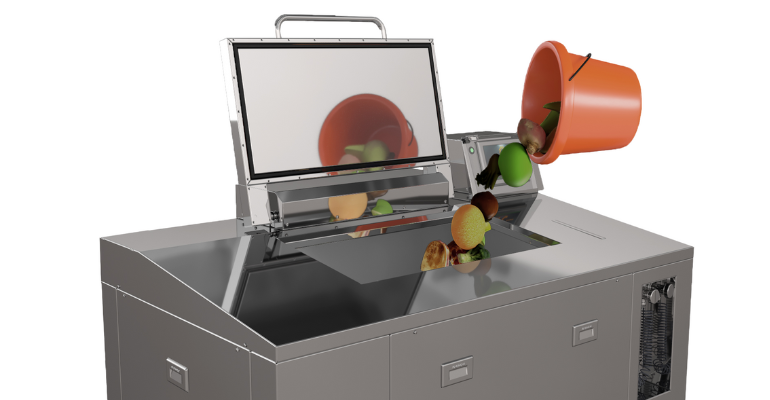In the realm of cruise ship operations, the question of what happens to leftover food waste looms large. With strict regulations like Marpol Annex IV and V in place, which prohibit the dumping of food waste overboard to avoid fines and environmental damage, cruise lines have had to get creative in managing this surplus.
Traditionally, food waste onboard was stored through freezing or processed using food pulpers. However, these methods only postponed the inevitable issue of disposal. In response to the growing demand for sustainable practices, modern cruise ships are adopting innovative solutions, with food waste digesters emerging as a game-changer.
Food waste digesters represent a significant step forward in addressing this challenge. These machines, such as Power Knot’s LFC biodigester, utilize aerobic digestion, a process where microorganisms break down food waste, converting it into grey water. This grey water is then sent to the ship’s grey water system.
Starting in 2022, Carnival Corp & plc, a prominent figure in the cruise ship industry, undertook a significant environmental initiative by installing over 600 biodigesters across its fleet. This move reflects the company’s steadfast commitment to environmental responsibility. These biodigesters, designed specifically to manage food waste onboard, play a pivotal role in reducing the environmental footprint of cruise operations.
By deploying these biodigesters, Carnival eliminates the need to transport food waste back to shore, thereby mitigating substantial environmental costs associated with such practices. These biodigesters work continuously and automate the digestion process, ensuring efficient management of food waste throughout the day. Strategically positioned in key areas of the ship where food is processed onboard, these systems streamline operations for crew members, facilitating easier and more effective management of food waste.
Furthermore, these biodigesters possess the capability to identify and separate non-food items or contaminants inadvertently mixed with food waste. This added functionality not only enhances environmental compliance but also ensures an additional layer of protection against potential ecological harm on each ship in Carnival’s fleet.
By investing in such innovative technologies, cruise lines are not only meeting regulatory requirements but also actively reducing their environmental footprint. With food waste digesters becoming the norm, the future of waste management on cruise ships looks increasingly sustainable and promising.
For more information about the LFC biodigester, access www.powerknotocean.com or email [email protected].

